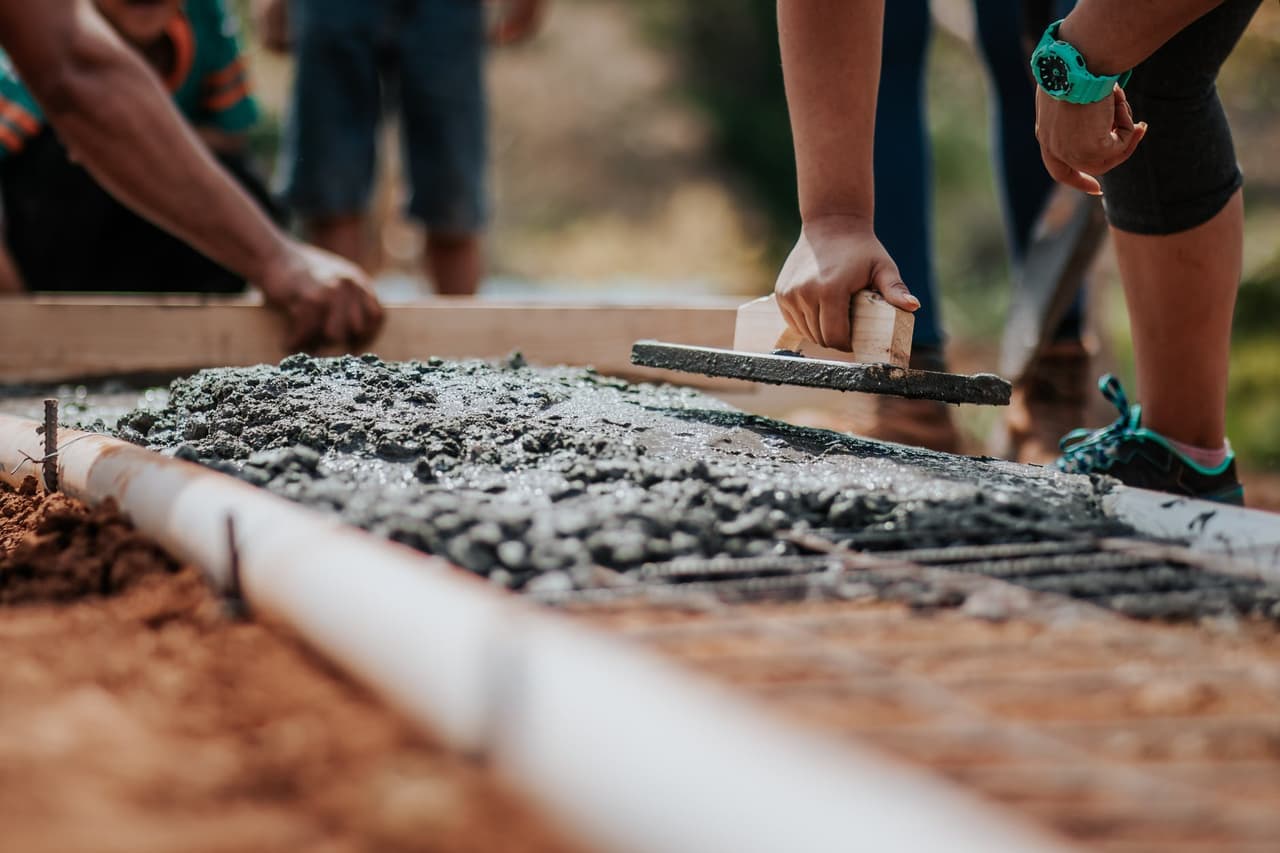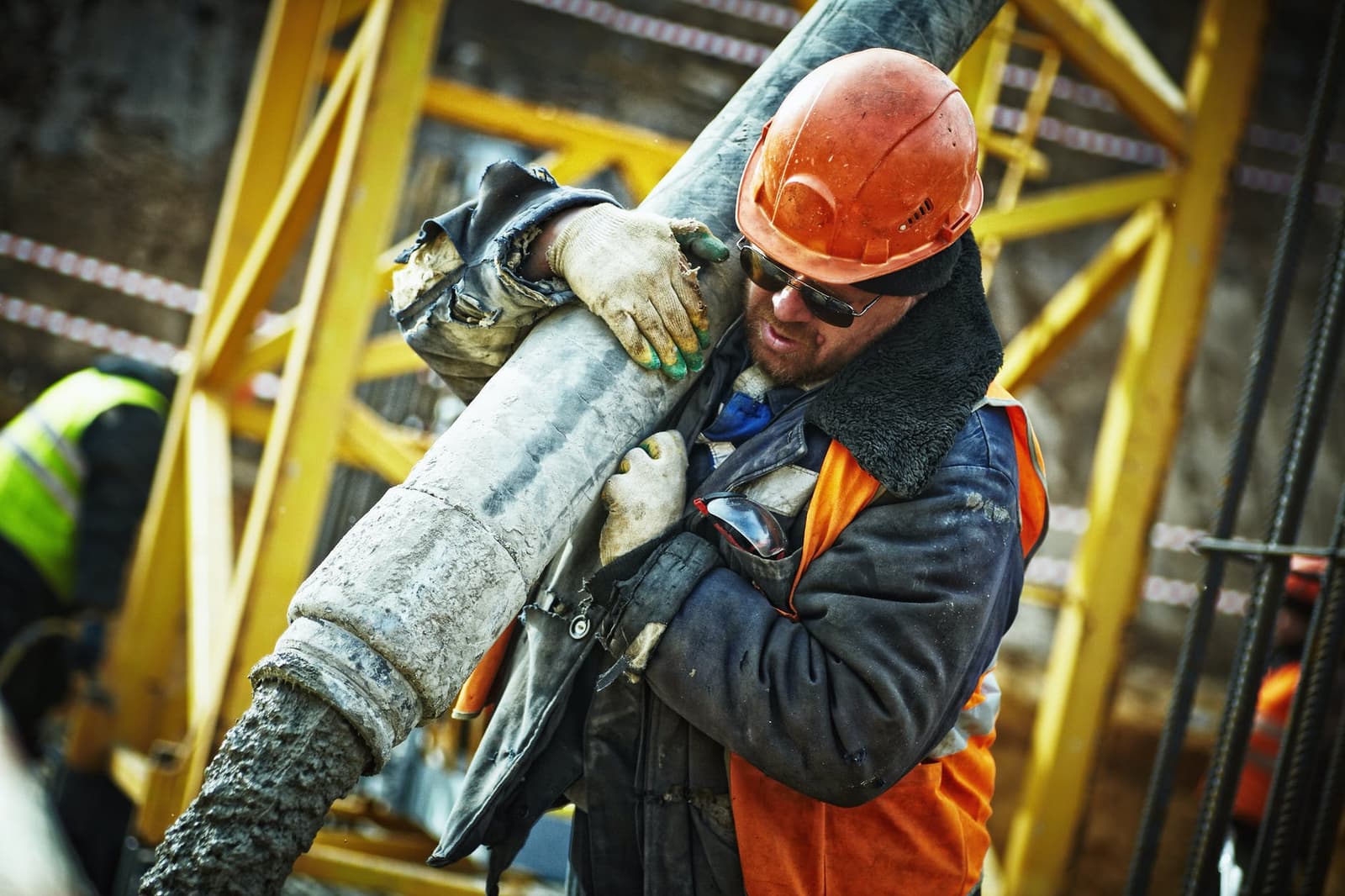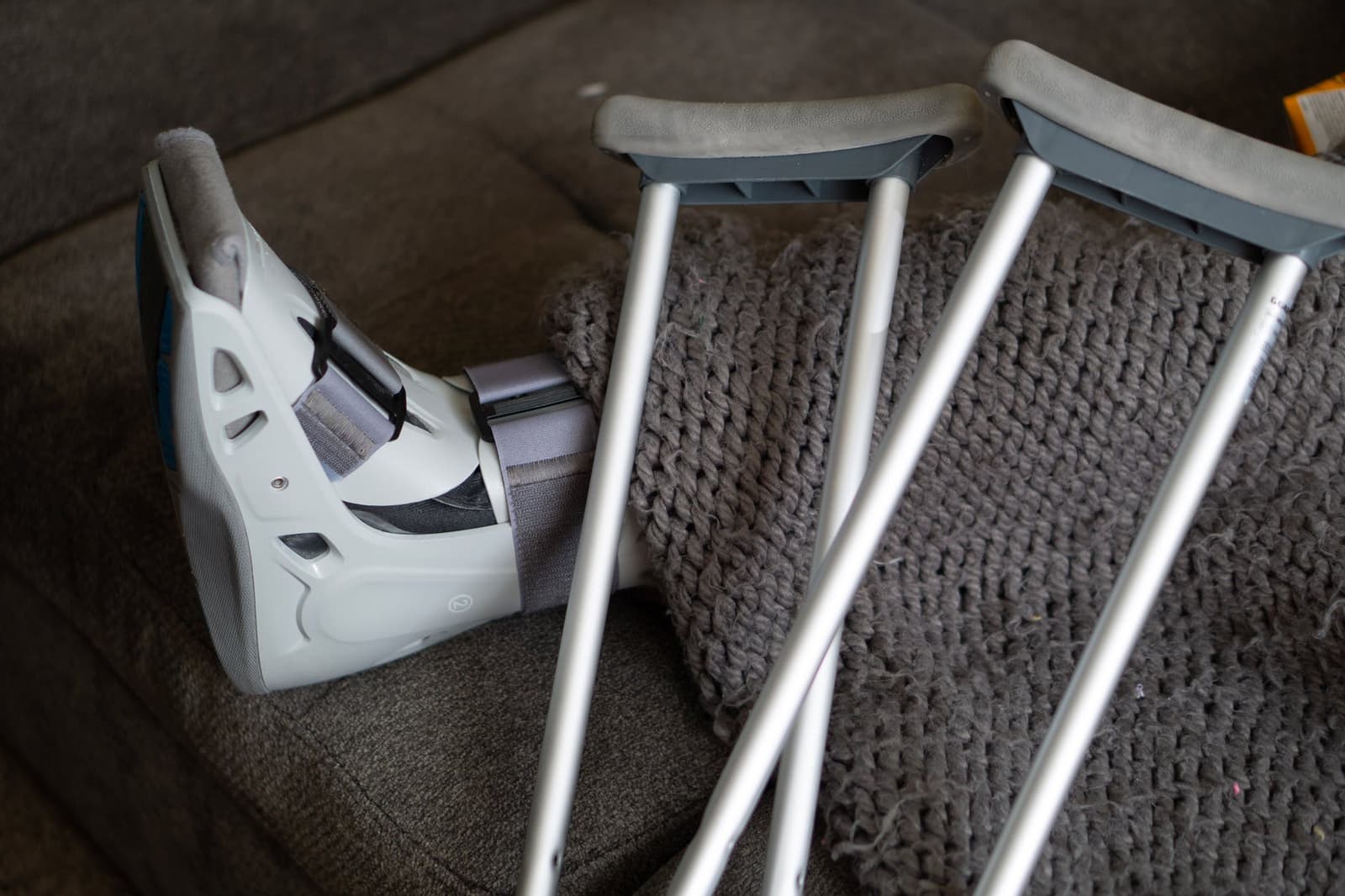Everything You Need to Know About WSIB
By Editorial Team
Updated on November 8, 2023

As we arrive at work each day, we’re hoping for things to run smoothly. Regardless of our title or position, the possibility of injury on the job is always around the corner.
Though it’s likely most employers are working to keep things safe, it’s important to be aware of compensation available for job-related injuries. The WSIB or Workplace Safety and Insurance Board pay benefits to injured workers from the money it collects from employers.
Not all workplaces are required to have WSIB coverage. But if yours does and you’re curious to know more, then you’ve come to the right place! This article will cover the crucial points of WSIB.
WSIB: everything you need to know
WSIB basics
Every workplace has insurance in place to assist workers who have been injured on the job. This insurance should entitle the worker to a range of benefits, but in order to access these, some steps must be followed.
As mentioned in our introduction, the WSIB covers work-related injury or illness, and this happens by paying benefits directly collected from employers. In some cases, your workplace will have workers’ compensation, while other workplaces will be required to have WSIB coverage. Regardless of if your workplace pays into it or not, you’ll be covered by WSIB automatically.
If you happen to get injured at work or as a result of your job, you’ll need to file a claim. Following this, the WSIB will take the steps to determine what kind of coverage you need. It’s important to mention here that if your injury is covered by workers' compensation, then you won’t be able to sue your employer if that’s your prerogative. Next, we’ll cover the in’s and out’s of filing a claim.
The claims process

First things first, you’ll need to file a claim for your work-related injury. This claim can be filed by you alone, your workplace or your doctor. When it comes to filing a claim, these are the first 3 steps:
It’s crucial to report the accident as soon as possible. If not right away, then within the first 6 months. If you’re dealing with a work-related illness, then the time will start when you first learn of the illness. You’ll need to call the WSIB to begin the claim, then they’ll send you a Worker’s Report of Injury/Disease (Form 6) or you can obtain this directly from their website. This form will need to be given to your employer.
Once your employer has been notified, it’s up to them to report the injury or illness within a 3 day period and this is especially important if you’re in need of medical treatment or lose time from your job as a result. Your employer must then give you a copy of the form they file, called The Employers Report of Injury/Disease (Form 7).
Your doctor must also file a Health Professionals Report (Form 8) and you’ll need a copy of the second page.
It’s important to note that depending on the nature of your injury, a workers' compensation claim may be in process for years. If you are permanently impaired and receive compensation as a result, you’ll be dealing with the WSIB until age 65. In the early stages of the process, you’ll need to be in contact with your employer even if you’re no longer going to work.
Further, the law requires you to report to the WSIB if there are any “material changes”. Though it’s not clearly defined what this means, we’d suggest reporting if you return to work or your medical condition changes. If you’re unsure about what to report, the safest route is to give the WSIB a call.
It’s also worth mentioning that the WSIB may choose the doctor you see in order to assess whether or not you’re fit to return to work. They also may recommend that you attend a treatment or rehabilitation program. If these suggestions don’t suit you, it’s important to discuss this with your own doctor. Be certain to keep a record of all the calls made between you, your doctor, as well as you and the WSIB.
Workers compensation claim: what’s involved?

A claim can involve many decisions made over a period of several years. When you file a claim, you’ll be assigned a case manager and this individual will make decisions about some of the following:
if your injury/illness is work-related;
if you need to take time off for your recovery process;
if you should receive funds for a loss of wages;
if your medicine or therapy will be paid;
if you’re able to do light work or return to your original job;
if you have a permanent impairment;
if you need retraining.
Again, we’d recommend keeping in touch with the WSIB as much as possible, as each of these decisions will affect the benefits you receive including the amount of monthly compensation.
WSIB benefits: a breakdown
Let’s look at some of the scenarios you may encounter and the benefits the WSIB can offer you.
Lost wages:
If you qualify, you’ll be entitled to full wages from the day you were injured, regardless of if you were at work or not. Following this day, if you continue to lose wages, the WSIB should cover them. These are referred to as LOE benefits or Loss of Earnings.
The WSIB will cover 85% of the difference between the net amount of what you earned before you were injured and what you will be earning after the injury. If you happen upon a lower-paying job post-injury, the WSIB will calculate your LOE benefits based on what they think you should earn.
LOE covers those who:
cannot work;
cannot work as many hours as before;
can only work a job that pays less.
Health care benefits:
If you require health care as a result of your injury, the WSIB may cover it. It’s important to be approved before you access health care, as the WSIB may not pay you back. It’s possible they could cover the following:
prescriptions;
therapy or counselling;
physio and massage therapy;
chiropractic treatment;
acupuncture;
the costs of visiting the doctor, including transportation;
dental care or service as a result of your injury;
work transition.
If you’ve worked at a job where you were injured for a period of more than 1 year, your employer should offer your regular job back. It’s important to note here that there are special rules for the construction industry.
If you’re not able to return to work because of your injury, then the WSIB must help you find other work. This is referred to as the work transition plan, which should help you overcome your injury and begin working again:
literacy and basic skills;
ESL training;
college preparation courses or academic upgrading;
on the job training;
job search training.
What happens while I wait for WSIB benefits?

There are some important steps to take while waiting for a WSIB claim and they are the following:
look for replacement income;
cooperate and keep in touch with WSIB;
follow the doctors' orders;
make efforts to return to work or seek employment.
It’s difficult to say how long it will take for your benefits to come in, so looking for other sources of income or options during the waiting period is relatively crucial.
Covid-19 and WSIB
The WSIB is treating Covid's work-related leave and illness on a case-by-case basis. Since this is the case, it’s best to read over the Covid-specific FAQ on the website. This page includes information about coverage, claims and information for businesses.
Find contracts for your home renovation company
RenoQuotes.com can help you get home renovation contracts. We get requests from clients looking for trusted home renovation professionals just like you. Fill out the form on our homepage (it only takes a few minutes), and you will receive information on how to get new clients for your renovation company through our service.
Looking for something else?
Related articles
The latest industry news, interviews, technologies, and resources.

Editorial Team
•27 Aug 2025
Canada is known for its dynamic economy and diverse population, which attracts a lot of foreign workers every year. To streamline their professional integration process and meet the needs of local employers, the government developed a pilot project for recognized employers in Canada. This pilot project was established to simplify the hiring process of foreign workers and provide them with a faster and simpler way to receive their Canadian permanent resident status. This article will focus on an in-depth overview detailing the different aspects factored into this pilot project.

Editorial Team
•12 Apr 2024
By 2028, the exoskeleton market will be valued at 2.9 billion U.S. dollars. At the forefront of this new, groundbreaking technology, Quebec-based businesses stand head and shoulders above the rest. So, what if, you too, were to equip your team with these new devices?

Editorial Team
•08 Nov 2023
Home elderly care is becoming a growing concern in our society, while many want to live in the comfort and warmth of a family home.

Cynthia Pigeon
•08 Nov 2023
Every homeowner knows that replacing windows entails quite an expense. Strangely enough, most of us think about making this important decision as soon as our windows start showing signs of wear and tear or malfunction, despite anticipating the considerable costs associated with this choice. But is it always the right decision?

Cynthia Pigeon
•23 Jul 2025
Roofs are often overlooked when it comes to the overall architecture of a building, at least that is until they become a problem. If the foundation anchors a house to the ground, then the roof binds it shut, protecting its occupants from the elements, and giving them a sense of security and belonging.